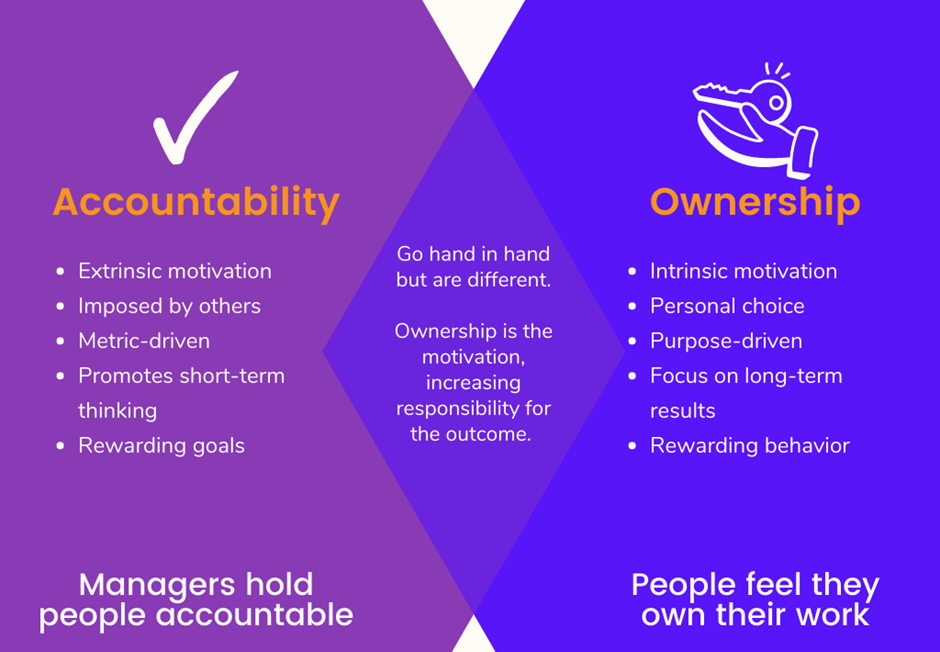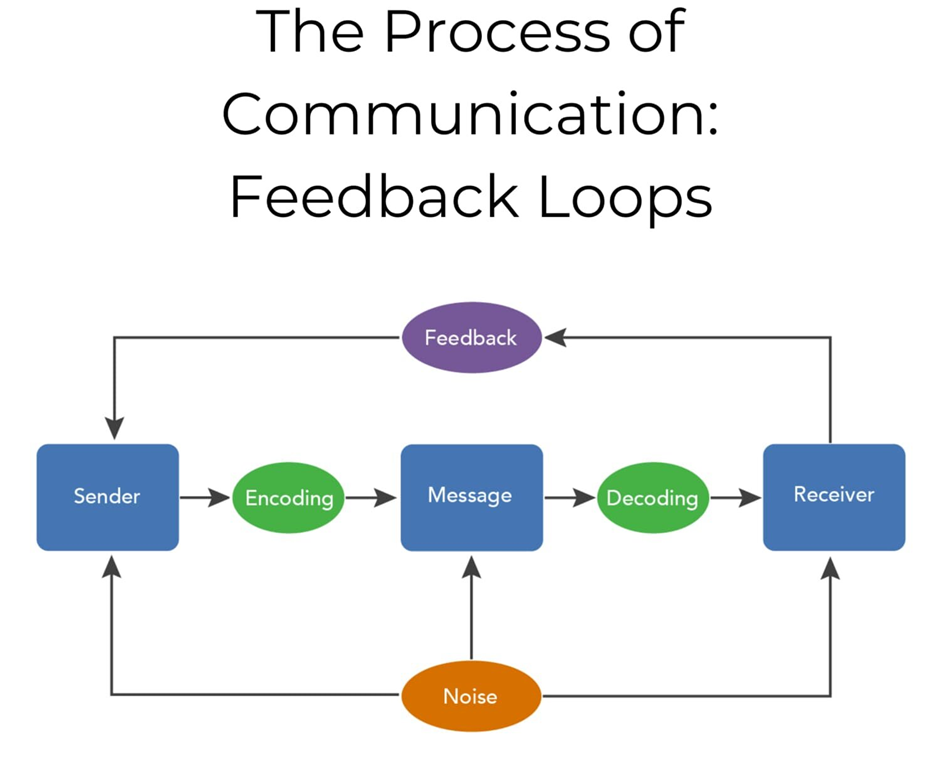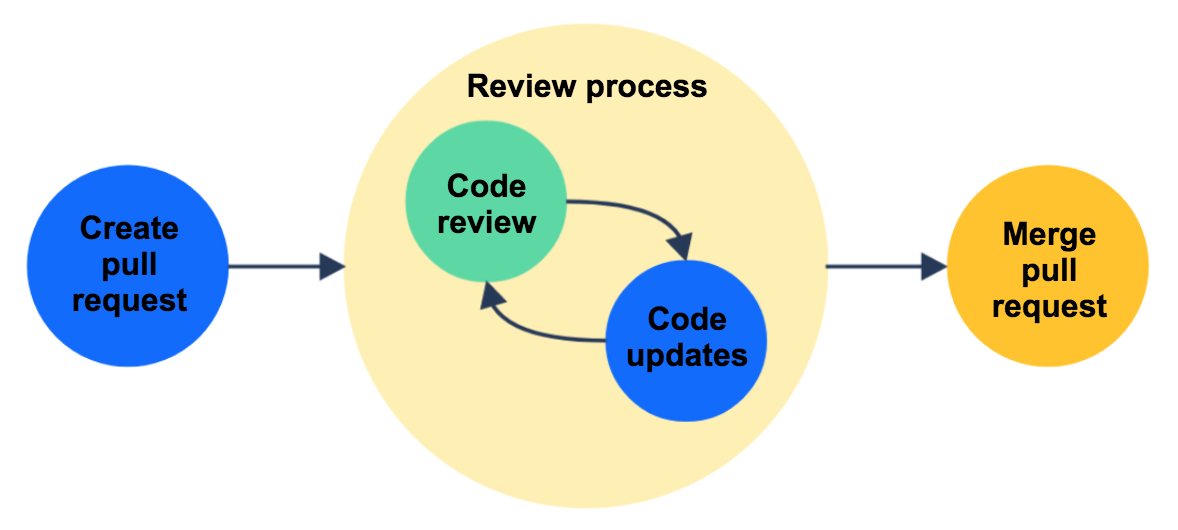Blog
Case studies, strategies, and ideas shaping modern technology.
The Psychological Influence of Good DevOps and SRE Practices

This blog is on the psychological influence of good DevOps and SRE practices: building stronger teams and enhancing productivity.
Introduction
In today's fast-paced and highly competitive digital landscape, organisations are constantly striving to deliver high-quality software products and services at an accelerated pace. This has led to the rise of DevOps, a set of practices that foster collaboration and integration between development and operations teams. While the benefits of DevOps are often discussed in terms of efficacy and agility, the psychological influence of good DevOps practices is equally noteworthy. In this blog, we explore how implementing good DevOps practices can have a positive impact on the psychological well-being of teams and drive overall productivity.
Often I will talk about how I was introduced to DevOps practices at a company I worked for back in the early naughties. We didn't call it DevOps back then, they were just good practices. It wasn't until I left that I realised that this wasn't a common culture within other companies, particularly larger organisations. What I don't mention so much is that I studied psychology almost as much as I did technology. It's still one of my top subjects to read about; and a few years back someone said something to me about how my engineers were so often happy to work for me - to the point that no one ever seemed to leave - so I though I share a little bit of how I've looked at these "good practices" over the years and what they mean when building a solid work culture.
Foster a Culture of Collaboration and Trust
One of the main advantages of DevOps practices is to encourage a culture of collaboration and trust among team members. By breaking down traditional silos between development, operations, and other stakeholders like Cyber Security, individuals are empowered to work together towards a common goal. This collaborative and trusting environment reduces any sense of isolation which could be felt by developers or operations personnel working on their own. When team members feel valued and respected for their contributions, they become more engaged and motivated, leading to higher job satisfaction and overall psychological well-being. Never is this more important than in today's post-Covid economy where more people spend a lot more time working from home. One way in which we try to help improve collaboration is instead of giving individual engineers, individual tasks, where they become the only person who understands it, we order our sprint tasks by priority, break each one down, then everyone in the team will put all effort into working on the top priority issue until it is completed before moving onto the second highest priority. I go into this in more detail in a previous article called Work tracking Sprints for DevOps teams (a review).
Reducing Stress and Promoting Work-Life Balance
One of the key principles of DevOps is the automation of repetitive and manual tasks, allowing teams to focus on more strategic and creative work. This automation helps reduce the burden of mundane tasks, alleviating stress and preventing burnout. When individuals have more time and mental space to concentrate on meaningful work, they are more likely to experience a healthy work-life balance. By implementing good DevOps practices, organisations can create an environment that prioritises employee well-being, resulting in happier and more productive teams. At Mesoform we, outside of meetings and critical deadlines, we try to allow people to work whenever they want and strive to ensure people are taking plenty of personal time. We have seen zero reduction in output by giving people more time back for themselves.

Encouraging Continuous Learning and Personal Growth
DevOps emphasises continuous learning and improvement. Teams are encouraged to embrace new technologies, tools, and methodologies to enhance their skills and knowledge. This focus on professional development not only strengthens technical expertise but also fosters a sense of personal growth and accomplishment. When individuals have opportunities to expand their skill sets and pursue their interests, it leads to greater job satisfaction and a sense of fulfilment. Good DevOps practices provide an environment that supports continuous learning, empowering individuals to become better at what they do and boosting their confidence. At Mesoform we try to give people the opportunity to work on issues they want to work on (within the scope of the overall plan, of course); and always look at exploring new technologies which may make ours and our client's lives easier.
Promoting Ownership and Accountability
In a well-implemented DevOps environment, teams take collective ownership of the software delivery process. Developers, operations personnel, and other stakeholders are involved in the entire lifecycle, from ideation to deployment and maintenance. This shared responsibility promotes a sense of ownership and accountability among team members. When individuals feel accountable for their work, they are more likely to take pride in their contributions, leading to increased job satisfaction and motivation. Moreover, the transparency and visibility inherent in DevOps practices allow individuals to understand the impact of their work, fostering a sense of purpose and driving overall productivity. There's also more on this in the previous article, Work tracking Sprints for DevOps teams (a review).

Image source: Fearless Culture
Enhancing Communication and Feedback Loops
Effective communication is a cornerstone of good DevOps practices. By breaking down barriers and encouraging open and transparent communication, teams can collaborate more effectively, share knowledge, and address challenges promptly. Regular feedback loops, such as daily scrum calls (no one stands-up anymore) and retrospective meetings, enable teams to identify areas for improvement and celebrate successes together. This emphasis on communication and feedback not only enhances the quality of work but also creates an environment of psychological safety, where individuals feel comfortable expressing their opinions and ideas. At Mesoform, we have found great value in these. There's usually debate but in my experience when people disagree it's because they're not adopting this properly and when you are only half-doing something, it always just feels like a chore because you're not gaining any value from it. One thing I'm strong on is clear planning. It's worth taking time on these so that it's really clear to everyone what's got to be done.

Image source: FWD Collective
Collaboration on code with pull requests
Having clear pull request descriptions and summaries to streamline code reviews are essential for effective collaboration and contribute to the overall quality and maintainability of the codebase. By providing a concise and informative overview of the changes being proposed, they enable reviewers to understand the purpose, context, and impact of the code changes. This clarity helps reviewers provide relevant feedback and make informed decisions, leading to a faster and more efficient software development lifecycle and serve as a documentation resource.
Some things we like to promote are:
- Ensuring useful summaries and not using default 'updated file’ because this gives others historic information at a glance when troubleshooting by checking commit history
- Descriptions to include test results if they aren’t automated, supply a reasoning for change and included ticket references
- Know your audience for PR approvals. Sometimes. less technical people will need to approve them
- Try to understand which people just approve PRs without a thought (e.g. approve within 5 minutes of it being created. These people are likely to feel overwhelmed by the content and may need further guidance or training, or better descriptions (see previous points)
Image source: Atlassian Support
Monitoring event management
Having good monitoring event management is crucial because it enables efficient troubleshooting by providing concise and relevant information, facilitates effective communication among teams, aids in prioritisation, triage and serves as valuable documentation for knowledge sharing and learning.
Having clear descriptions when an alert fires (if the monitoring system supports it) empowers teams to quickly understand and address issues, minimises downtime, improves collaboration, and enhances overall system reliability.
One element of event management which comes up time and time again for me is ensuring we reduce cognitive load and alert fatigue. This is where people receive too many alerts or ignore them because they’re not clear and therefore feel like they can’t add any value. Some of this can be resolved by enable automated remediation but there is always a human element where having a culture that encourages people to ensure all alerts are actioned and never ignored; and making it clear that sometimes the alerts themselves may simply need modifying (or disabled) because a new pattern-of-normal has just been reached in the metric being monitored. This paradigm shift helps to keep on top of unwanted distractions over time and improves engineer efficacy.
Conclusion
While the advantages of good DevOps practices are evident in terms of operational efficiency and business outcomes, their psychological influence should not be underestimated. By fostering collaboration, reducing stress, promoting personal growth, encouraging ownership, and enhancing communication, organiaations can create a positive work environment that leads to happier and more productive teams. As organisations continue to embrace DevOps, it is crucial to recognise and nurture the psychological well-being of individuals.
Mesoform offers secure deployments and training for our clients at a lower overall development cost due to our extensive experience building and running web servers.
If you would like to discuss any of these topics in more detail, please feel free to get in touch


